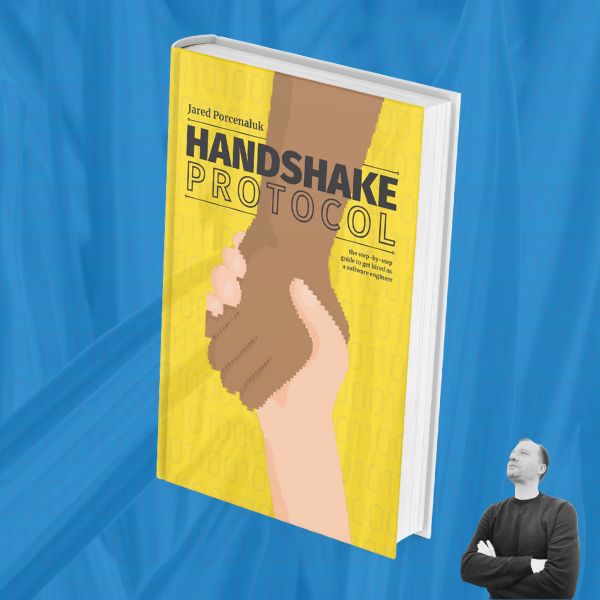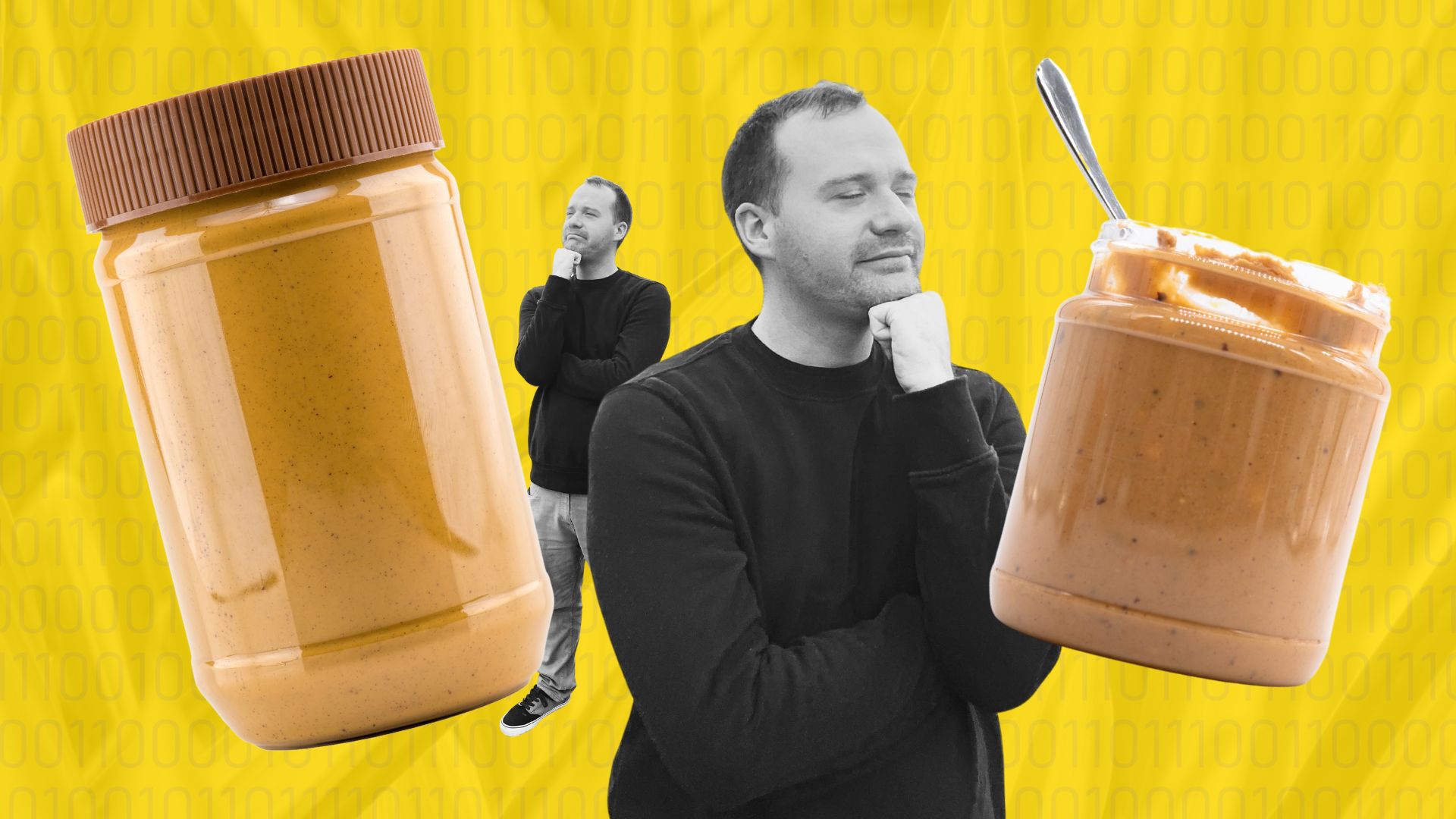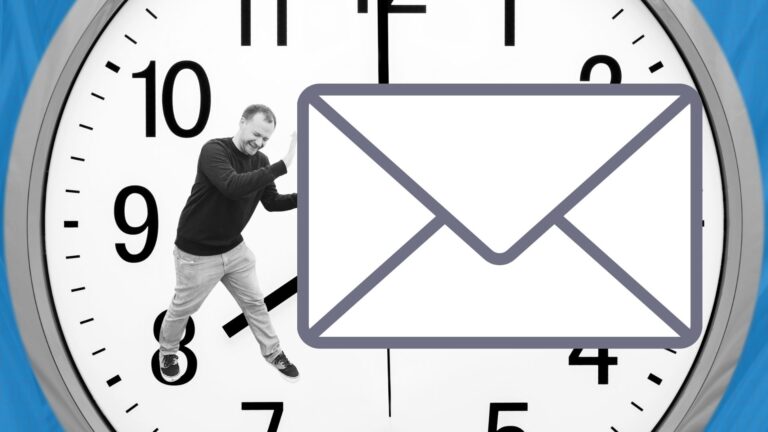Look at all this peanut butter! There must be three sizes of five brands of four consistencies! Who demands this much choice? I know! I’ll quit my job and devote my life to choosing peanut butter! Is ‘chunky’ chunky enough, or do I need ‘EXTRA chunky? I’ll compare ingredients! I’ll compare brands! I’ll compare sizes and prices! Maybe I’ll drive around and see what OTHER stores have! So much selection and so little time!
Dad, Calvin & Hobbes
It’s incredible how many choices that affect my life happen without my input: streets get built, books written, products created. Yet, despite my lack of weighing in, it all still manages to get done.
I’m just one lone decision maker in a sea of eight billion.
Considering that, the decisions I’m making can’t be that important. Weighed against all of humanity, I’m making approximately 1 out of 8,000,000,000 of the choices out there. Of those, most of my choices can be undone or changed later. Perhaps the ramifications are only important to me, or they only matter in the short-term, or the decision can be a “no” now and a “yes” later.
Most decisions are trivial, but our brains are not good at scaling our choices with their consequences. In Ireland, where I currently am writing from, it takes the average car buyer 4.88 hours researching what new car to buy. The price of a new car is on average €33,000.
That’s €112 worth of decision for every minute deciding.
I’m not advocating for taking longer research a new car, as any time spent beyond 4.88 hours seems to have marginal utility. I’m advocating for taking less time to make other decisions.
That €112-a-minute decision-making price tag puts the two minutes it can take for me to decide what peanut butter to buy into perspective. It won’t really matter, in the long run. Maybe those types of decisions could be made in a few seconds?
The more decisions that are made, the shorter the feedback loop to their consequences. When faced with a difficult choice, overwhelmed with pros and cons, when I’m my best version of myself:
I just choose.

Leverage my ten years of software engineering experience to find a tech job that matters, get hired, and get paid what you deserve.
It’s all in my book, Handshake Protocol – the step-by-step guide to getting hired as a software engineer.



